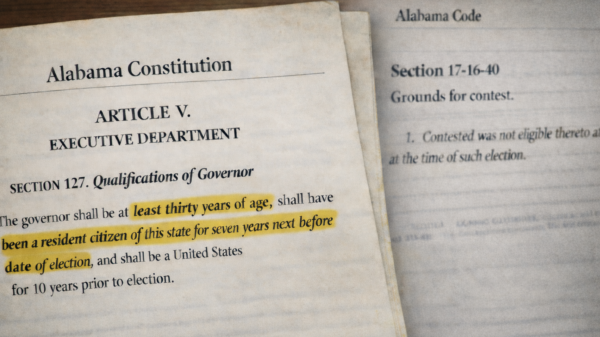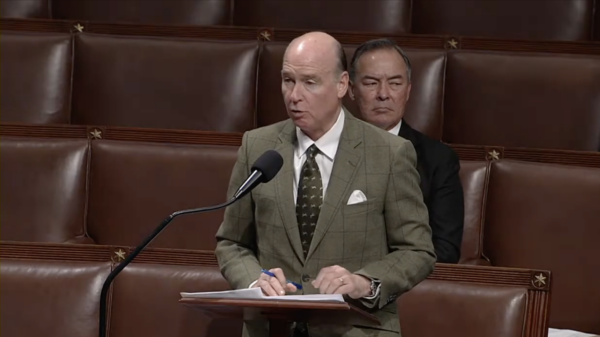The Alabama Senate and House on Thursday passed legislation to end the practice of shackling pregnant women.
The bill, sponsored by Rep. Rolanda Hollis, D-Birmingham, would ban the use of waist and leg restraints on any incarcerated individual during pregnancy, labor and delivery or the immediate postpartum period, and would only allow wrist restraints in the postpartum period under a set of specific circumstances.
Pamela Winn and her nonprofit, RestoreHER, has successfully championed anti-shackling legislation in her home state of Georgia and others. Winn miscarried her own child after being sent to a federal prison in Georgia for a white collar crime while six months pregnant. She fell down attempting to enter a van while shackled around her ankles, and a chain wrapped around her belly connected to handcuffs. She didn’t receive needed emergency medical care after the fall, and miscarried a few months later, shackled to a bed during the painful miscarriage.
“I’m thankful to Rep. Hollis for honoring her promise to protect and restore dignity to incarcerated pregnant women of Alabama and their unborn babies,” Winn told APR on Friday morning. “As an impacted woman who endured inhumane treatment which took the life of my baby, knowing that there is law I helped establish, which will prevent another woman from experiencing my pain is restorative redemption. I’m elated for this major win that completes dignity for incarcerated women in the south.”
Hollis’s bill initially stopped short of banning the practice altogether, and instead would have only prevented shackling pregnant women during birth and during the six-week period following birth. The Alabama House last week passed an amended version of Hollis’s bill, which expanded the ban on shackling pregnant women beyond just during birth.
Sen. Bobby Singleton, D-Greensboro, introduced an amendment that he said would address concerns the Alabama Sheriff’s Association had regarding cavity searches on pregnant women. The amendment was passed, as was the bill. The House later in the evening concurred with the amended bill, sending it to Gov. Kay Ivey for her signature.


















































